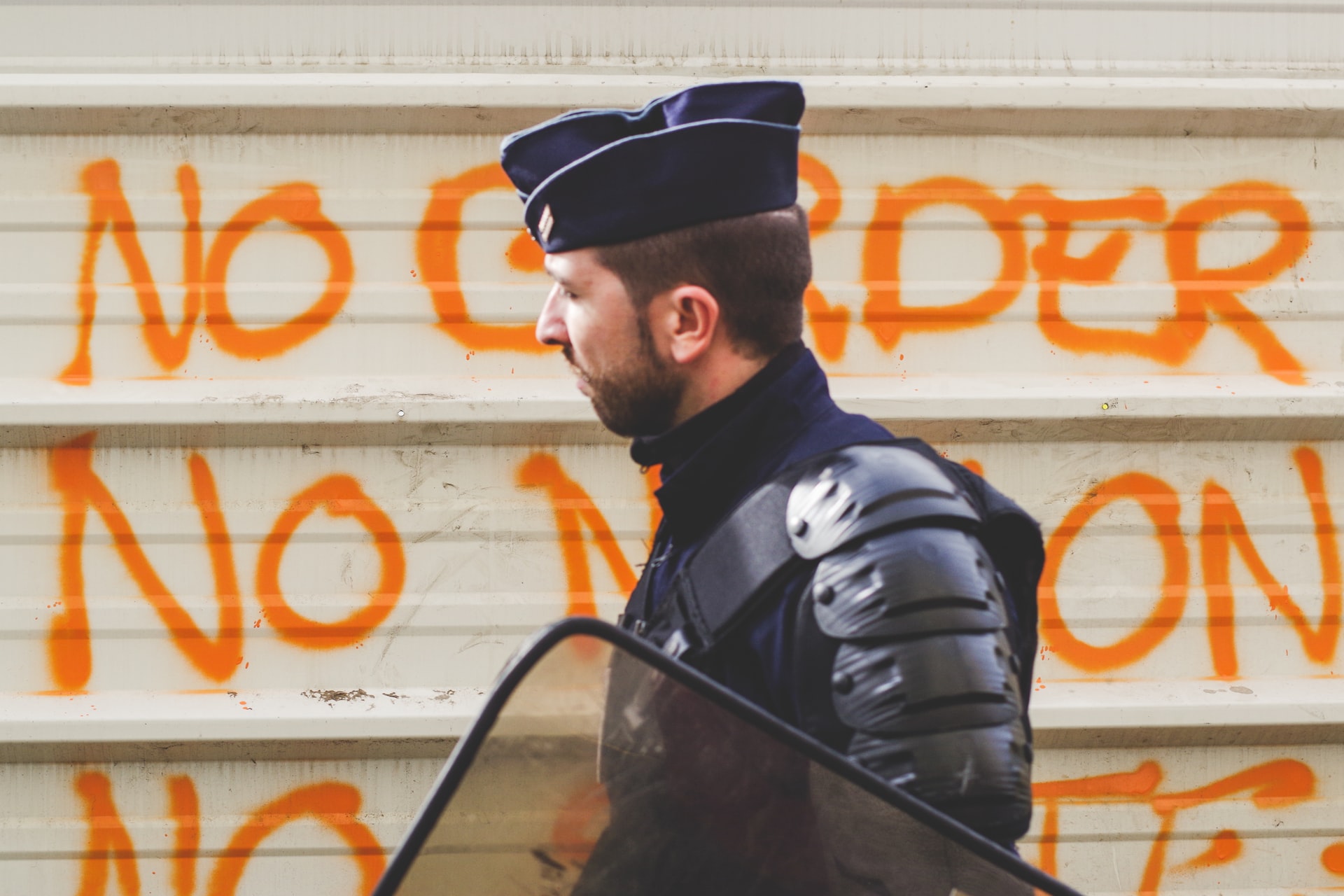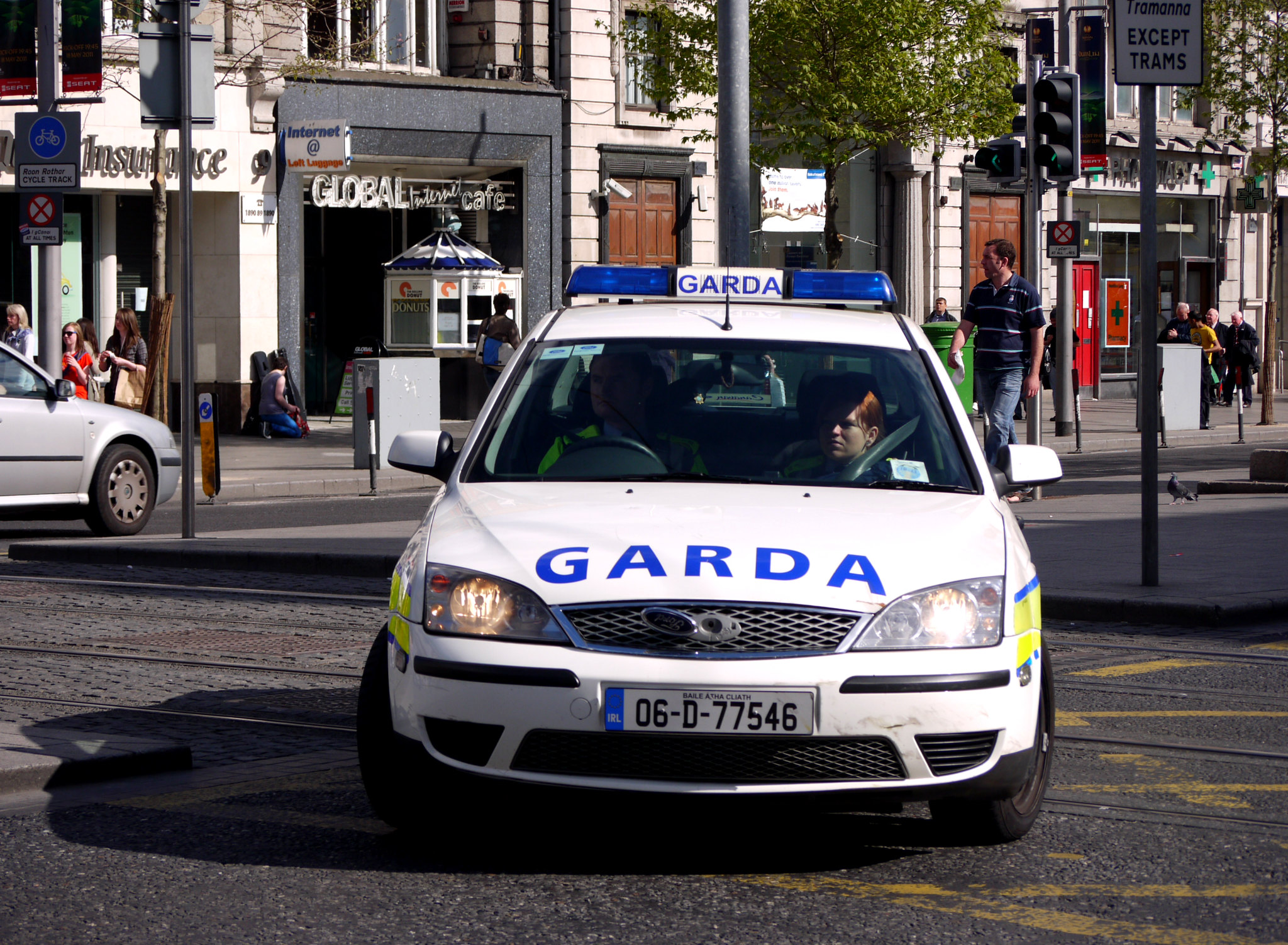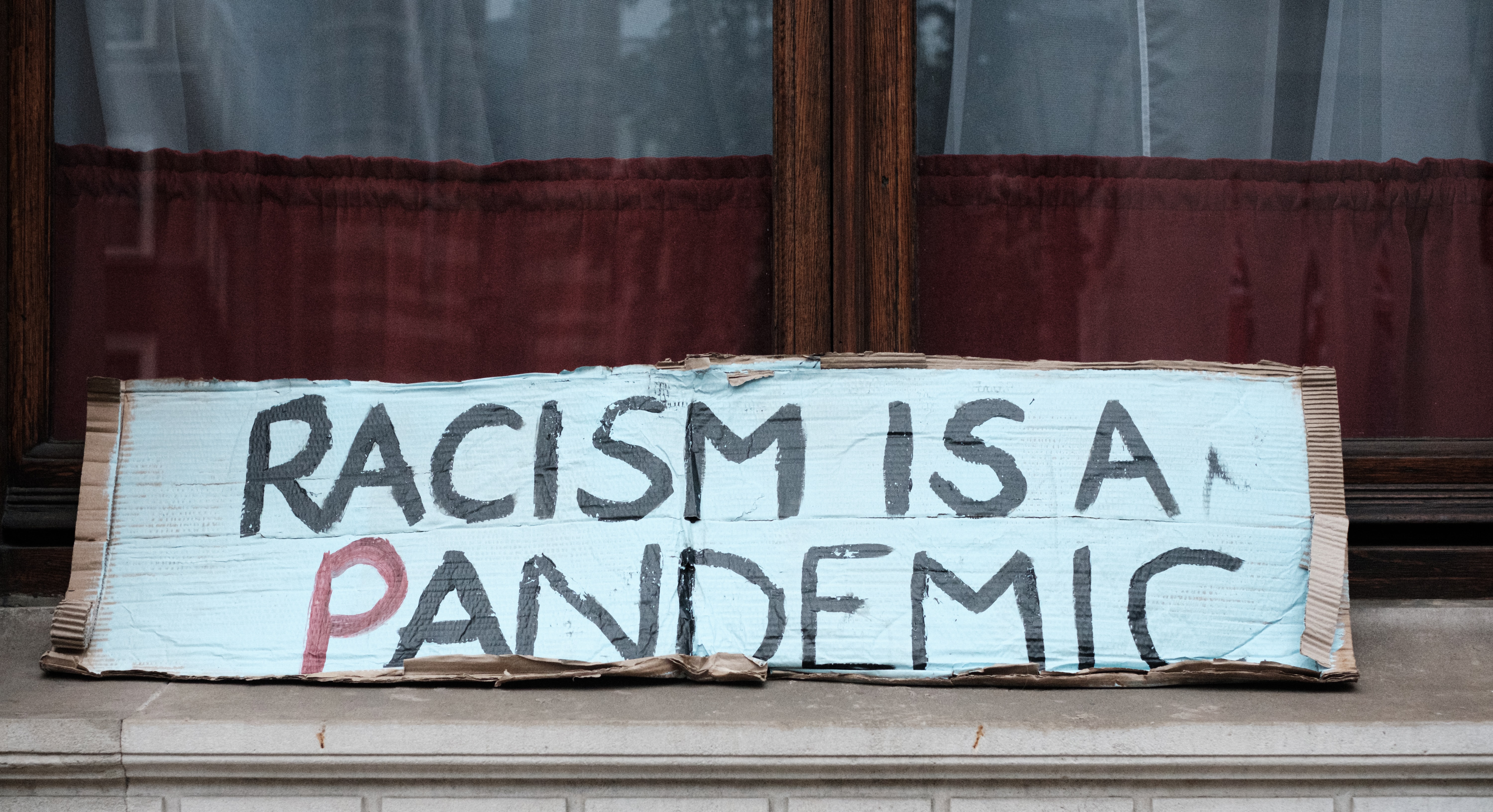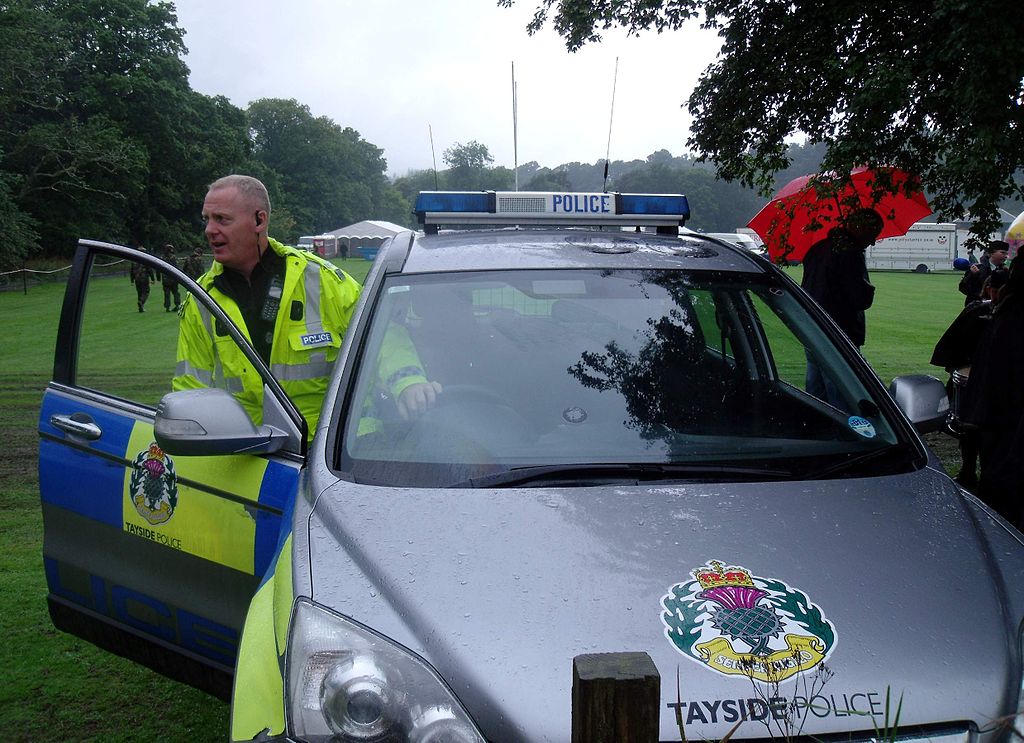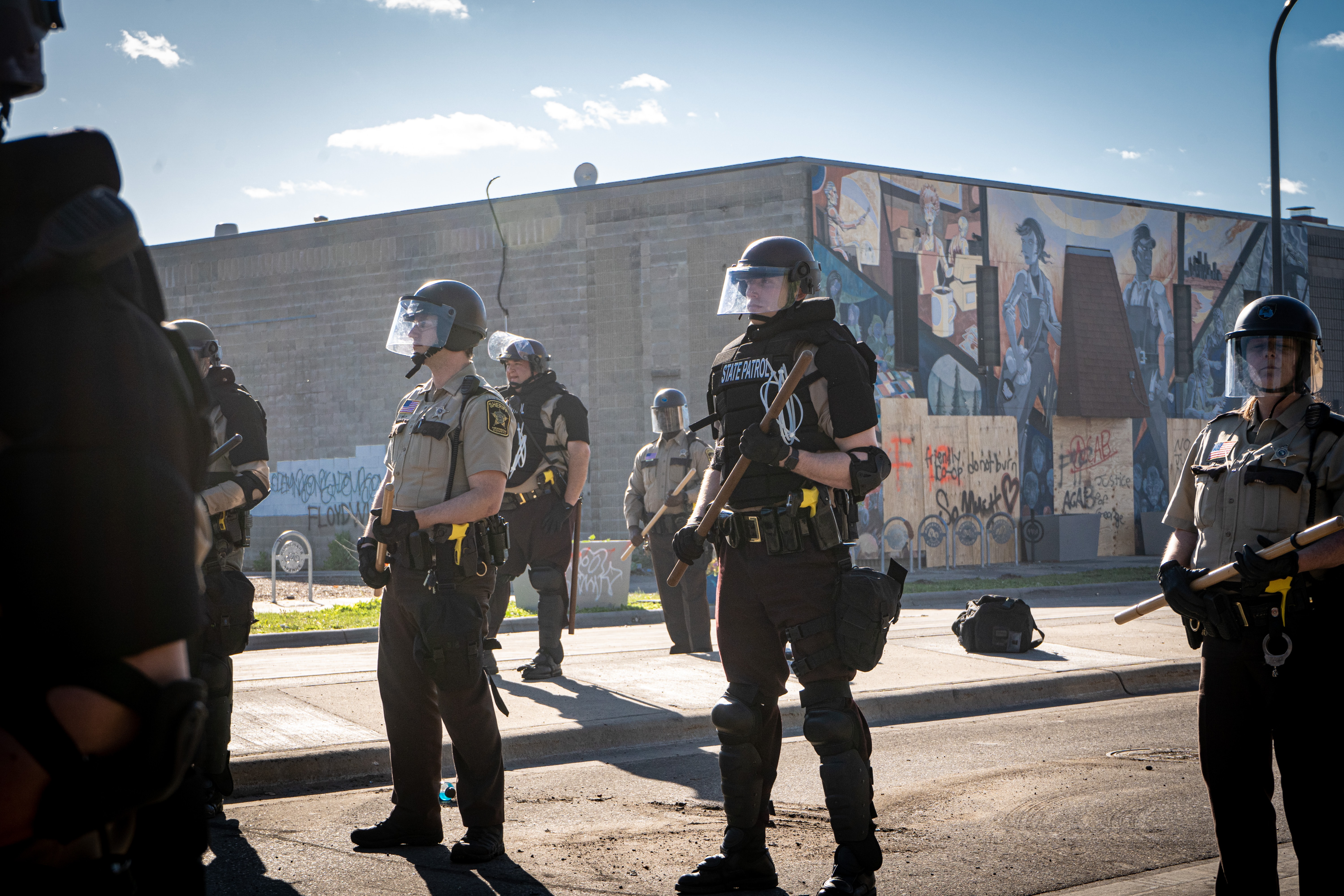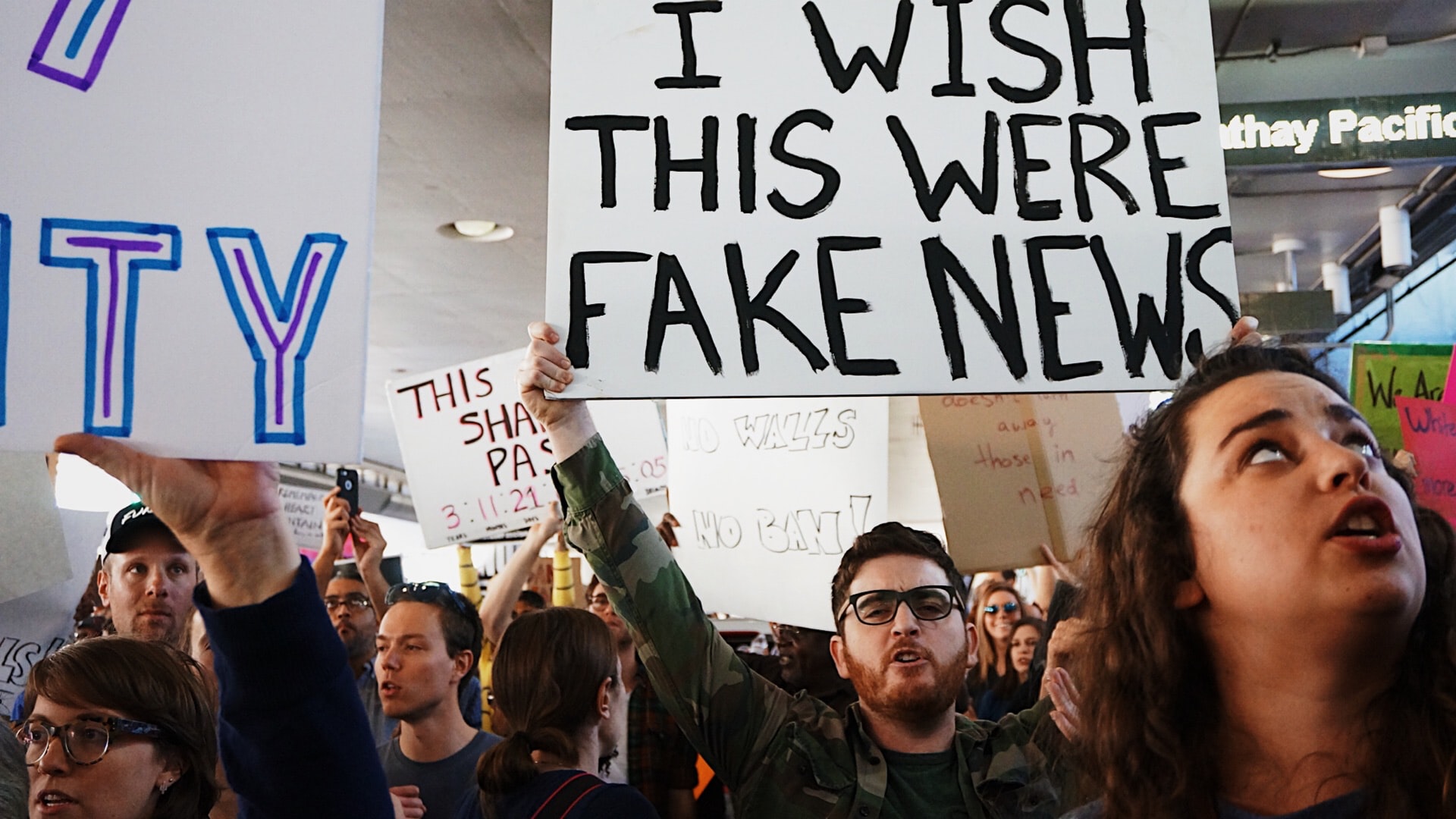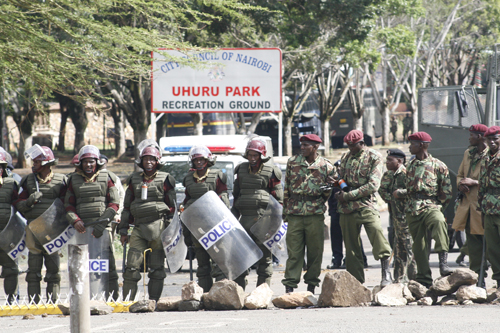With the global outbreak of Covid-19, we regularly heard the phrases ‘the virus knows no borders’ and the ‘virus does not discriminate’. Many health experts, politicians and media emphasised the message that everyone was at risk of infection and that the virus was travelling fast.
In practice, however, viruses spread in societies that are intimately shaped by oppression. This has been all too obvious in the UK and South Africa – the two countries where I am conducting PhD research into experiences of migration, racism, being and belonging.
Comments closed